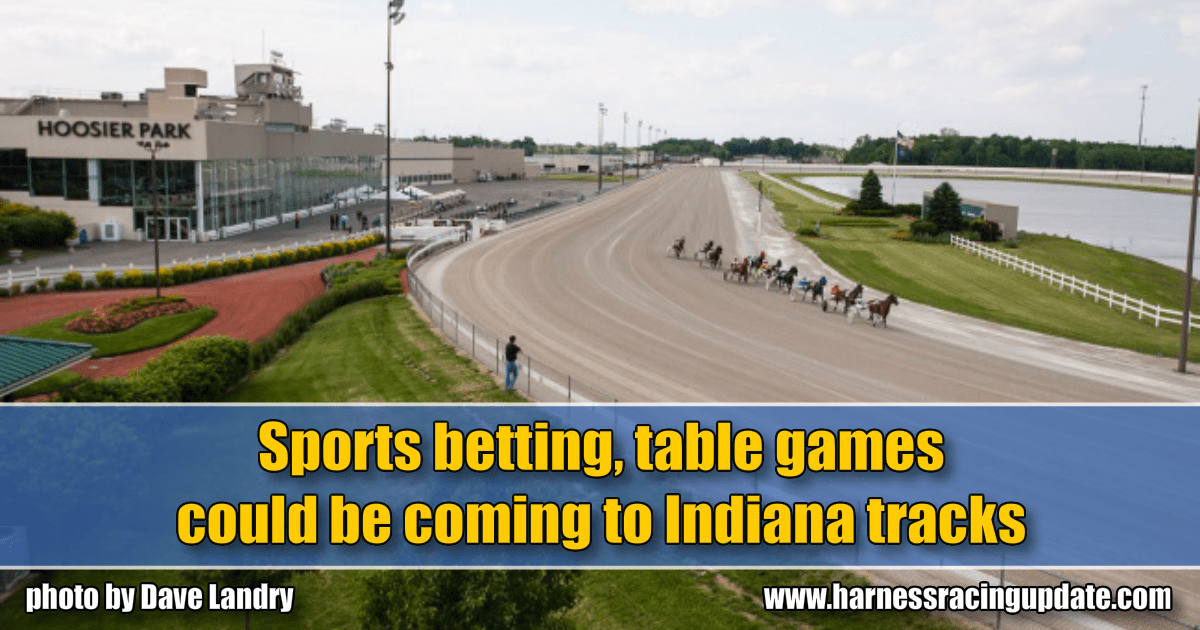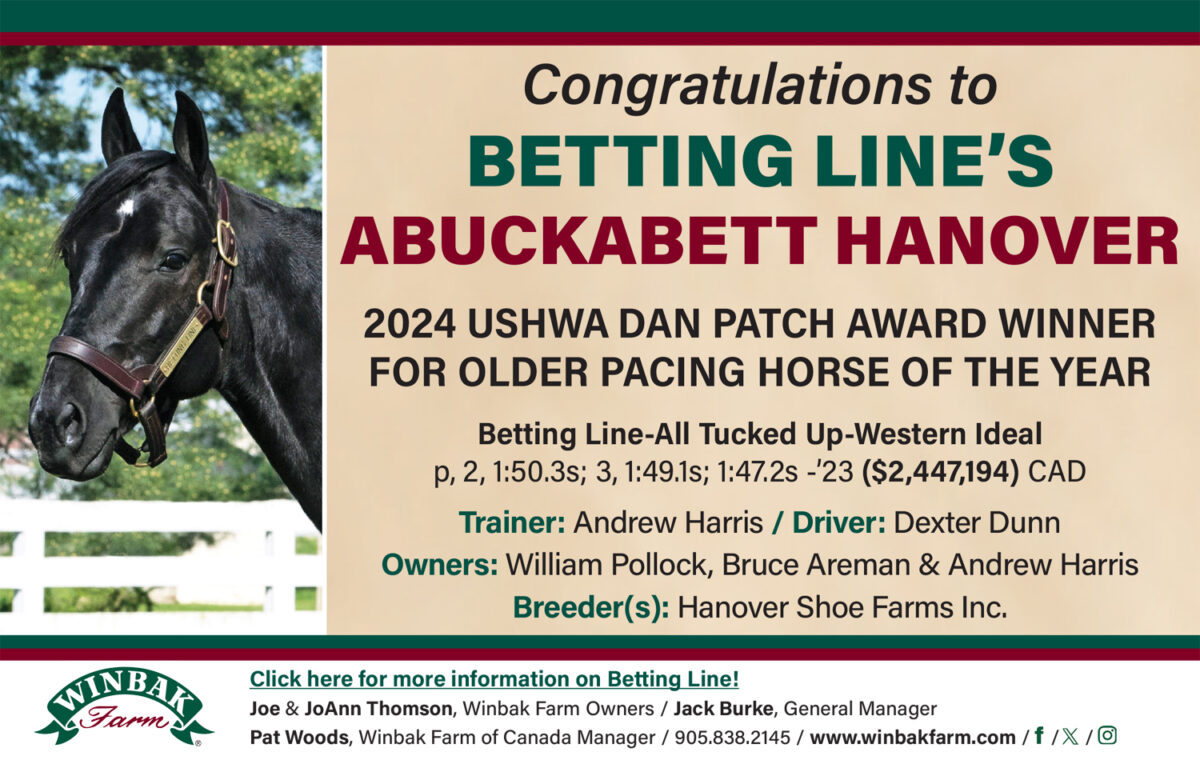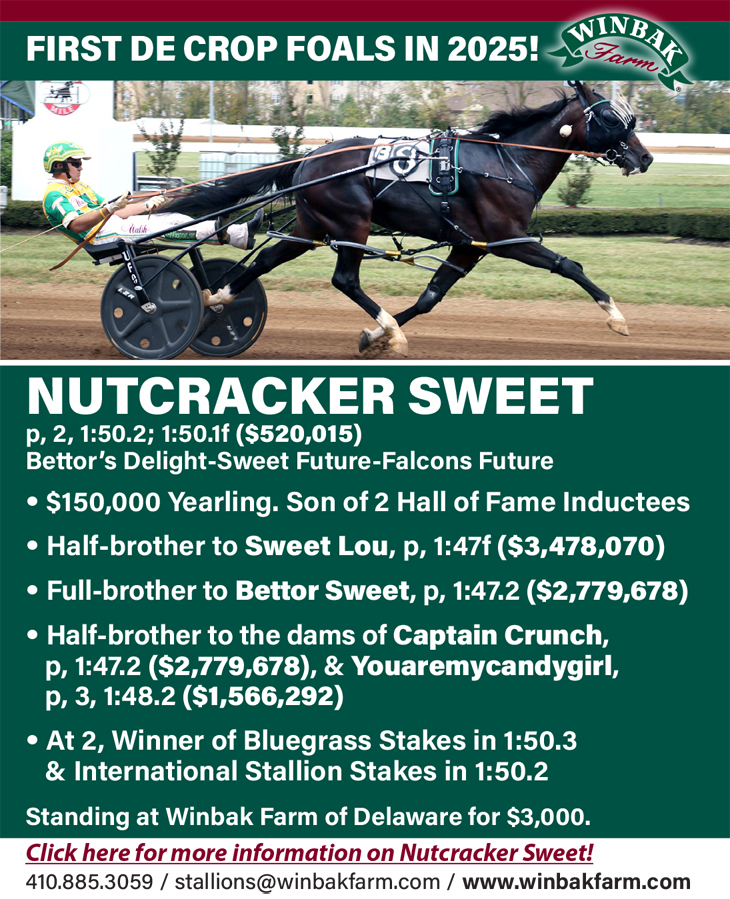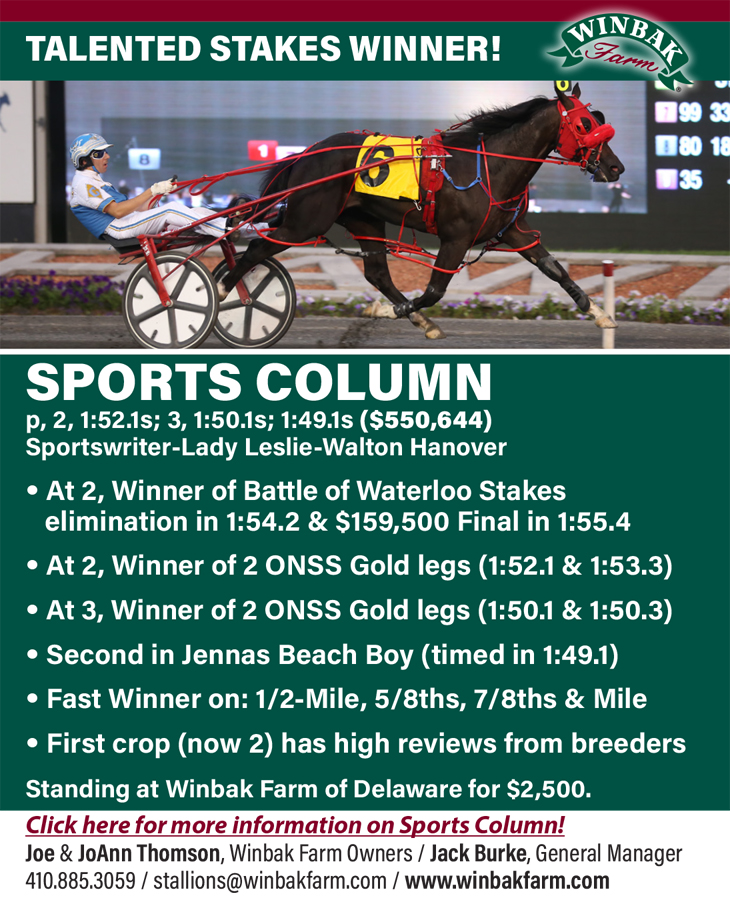
Sports betting, table games could be coming to Indiana racetracks
The Indiana General Assembly approved a wide range of gaming changes this week that, if signed by Governor Eric Holcomb, could be very good for horse racing in the Hoosier State.
by James Platz
The Indiana General Assembly approved sweeping gaming changes this week, and, if signed into law, the racing industry is in line to be a major benefactor. The legislation, which now heads to Governor Eric Holcomb, allows for live table games at Harrah’s Hoosier Park Racing & Casino and Indiana Grand beginning in 2020, as well as sports betting at casinos, racinos and off-track facilities. The proposed changes could result in millions in additional revenue flowing into the state’s racing program.
“The industry always looked at live dealers and table games as where the next bump in purse money would come from. Who knows what that will be, but I do believe it will be significant,” said Harrah’s Hoosier Park vice-president and general manager of racing, Rick Moore. “It goes back to that old saying, a rising tide lifts all boats, and that’s what’s going to happen here. We all benefit from having live table games.”
House Bill 1015 was approved Wednesday, April 24, passing the Indiana House by a 59-36 margin and adopted by the Senate with a 37-12 vote. The most significant change is the ability of Caesar’s Entertainment to add live table games at both racinos beginning January 1, 2020. Under current state statutes, the operator would have to wait until March 1, 2021 to submit a plan. Revenue distribution for live table games follows the same model as outlined for slots revenue, with 12 per cent of adjusted gross receipts (AGR) earmarked for the industry and split between the breeds. If live table games are a boon at Hoosier Park and Indiana Grand, the Indiana Standardbred Association will receive additional revenue for promotion and benevolence, and the industry will see a boost in purses and funds devoted to breed development. Last season, nearly $12 million in slots revenue poured into the breed development program which funds Indiana’s fair circuit, Indiana-sired late closers and mini-series, breeders’ awards and Indiana Sires Stakes.
Joe Putnam, president of the Indiana Standardbred Association and an owner and trainer, said that some preliminary estimates showed live table games could contribute another $4-5 million in revenue that could be directed to purses and breed development. Time will tell what the impact will be, but it will create a boost of some kind.
“In my opinion, it turned out about as good as it could be for us,” he said. “The legislation helps everyone involved. I think it will be a big help for us. Going forward, we’re pretty excited.”
According to Indiana Horse Racing Commission statistics, AGR for the casino operations at Hoosier Park and Indiana Grand have combined to total nearly $351 million in the first nine months. Indiana’s racing industry has received a little over $42 million, with just over $8.5 million going toward standardbred purses and nearly $8.9 set aside for standardbred breed development.
There are also some lesser items in HB 1015 creating tax relief for Caesar’s Entertainment, kicking in after June 30, 2021. Currently, casino adjusted gross receipts exceeding $100 million are taxed at a rate of 30 per cent, increasing to 35 per cent for AGR in excess of $200 million. The recently approved legislation would keep the wagering tax at a flat 30 per cent for gross receipts over $100 million. Additionally, the operator can deduct up to $9 million in adjusted gross receipts attributable to qualified wagering, defined as “wagers made by patrons using non-cashable vouchers, coupons, electronic credits, or electronic promotions.” Now the maximum deduction is $7 million in a fiscal year.
As part of HB 1015, legislators also approved sports wagering on professional and collegiate sports. Adults age 21 and over will be able to place bets on mobile devices, at casinos/racinos or off-track locations operated by Caesar’s Entertainment. Wagering is prohibited on e-sports, high school athletics, amateur sports or pari-mutuel racing. Sports betting could become a reality in Indiana as early as Sept. 1, 2019. Applications for a vendor’s license will be accepted beginning July 1. Application for licensure requires a $100,000 non-refundable fee, and licensees will pay a $50,000 annual administrative fee thereafter. Wagers will be taxed at a rate of 9.5 percent.
Moore said that the live table games and sports wagering is yet another opportunity to attract a new demographic that may not visit Hoosier Park otherwise. Once they are on the property, a secondary benefit is exposure to harness racing, which might indirectly produce an increase in wagering on the racing product.
“Any way that you can get people to the track, to the casino, to the entire property, that’s a good thing,” said Moore. “It gives us a chance to show them what we have to offer here, with horse racing being a big part of that.
Though the first 17 days of racing, Hoosier Park is averaging 8.39 starters per race, an increase of half a starter compared to 2018, with a five per cent increase in export handle. The track has partnered with the USTA and ISA on a $10,000 Hoosier High 5 wager on the last race of the program each night. It has produced $334,000 in handle, resulting in a nightly increase of $20,000.
“I couldn’t be more pleased with the start of the meet,” Moore said.













